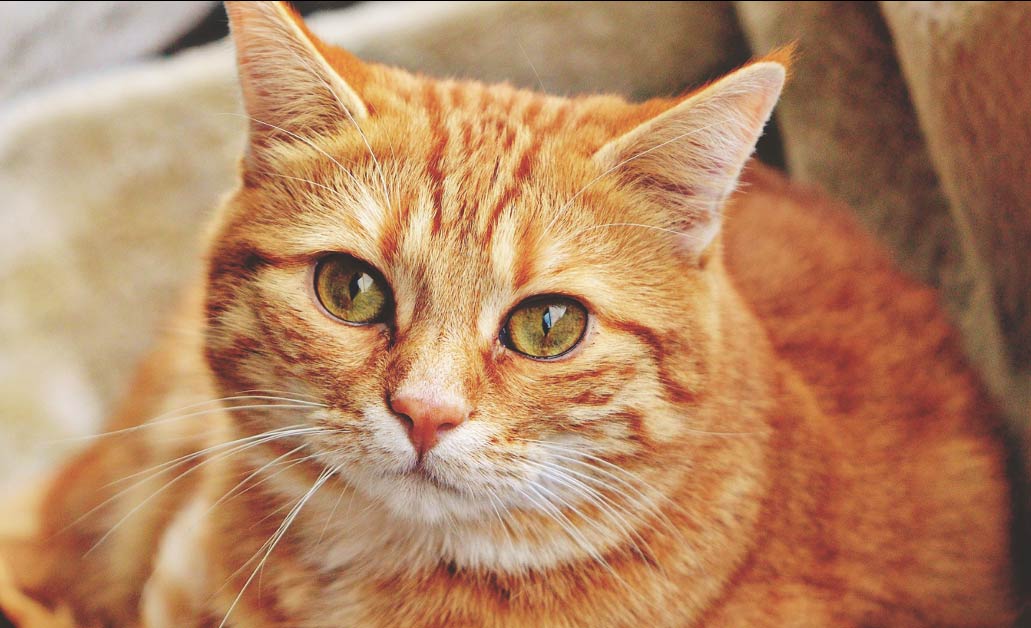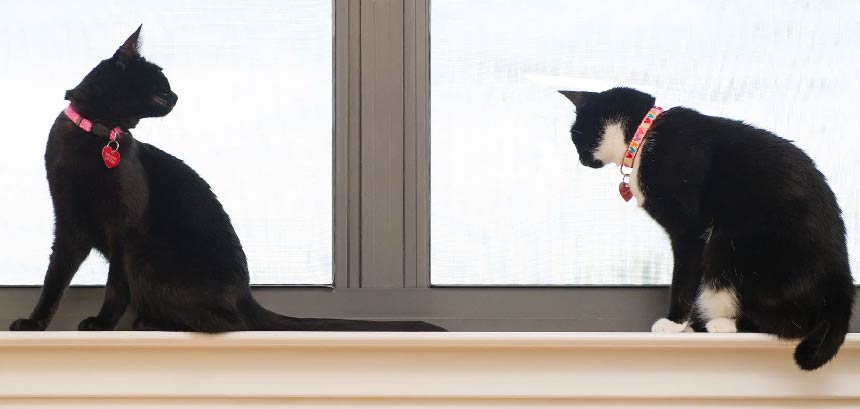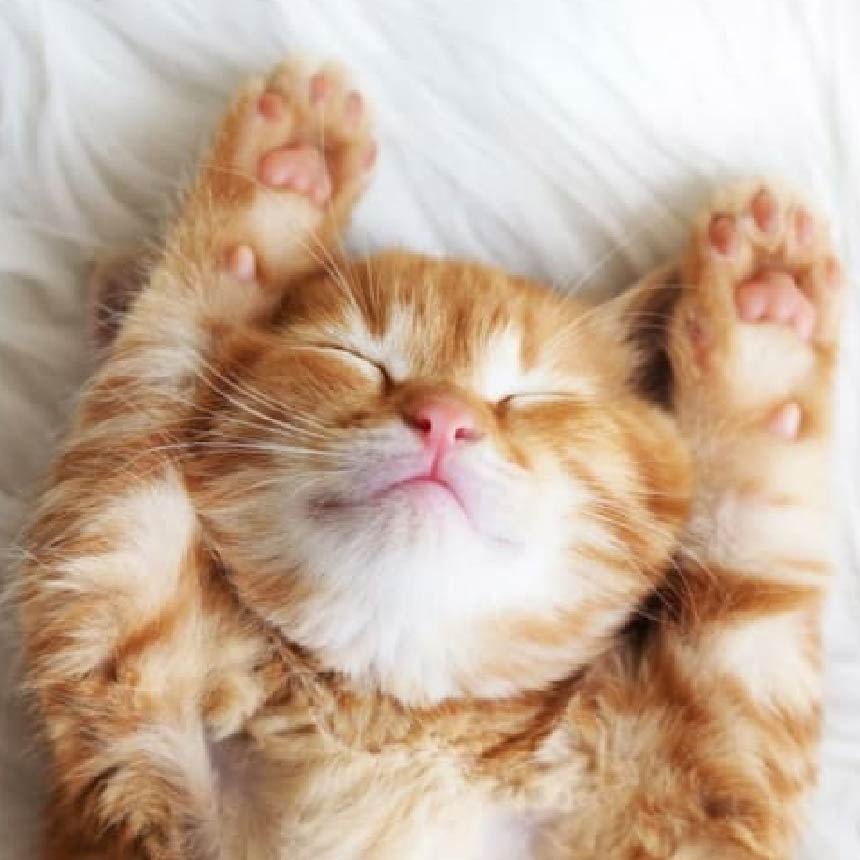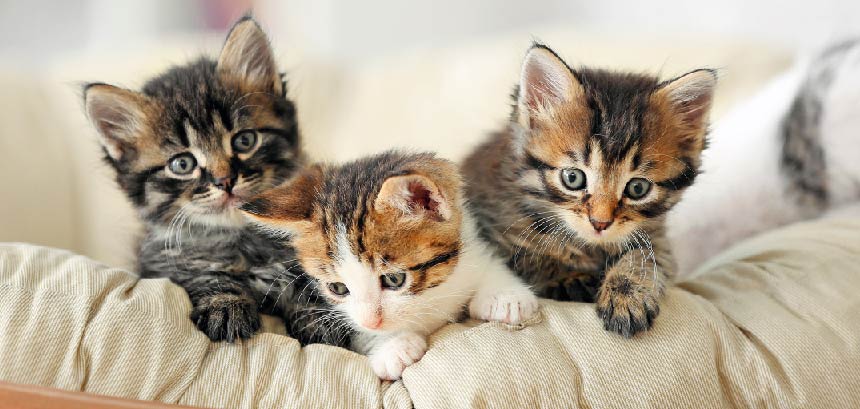
Cat Ownership in the UK The Purr-fect Companion
The Purr-fect Companion: A Guide to Cat Ownership in the UK
In the UK, cats hold a special place in the hearts of millions. Known for their independent nature and affectionate behaviour, cats are one of the most popular pets across the country. In fact, recent surveys estimate that there are around 11 million pet cats in British households. If you’re considering joining the legion of cat owners or just want to learn more about feline companionship, here’s everything you need to know about cat ownership in the UK.
Fun Fact! The United Kingdom really is a nation of animal lovers! Did you know there are more pets in the UK than there are people!
“ Budgie Common Illnesses ”
1. Choosing the Right Cat
The journey to cat ownership begins with choosing the right cat for your lifestyle. Cats come in various breeds, each with unique traits and characteristics. For instance, the British Shorthair is known for its calm demeanour and loyalty, making it a great companion for quieter homes. On the other hand, Siamese cats are vocal and demand more interaction. Consider factors such as temperament, energy level, and care requirements.
If pedigree isn’t a priority, adopting from shelters is a noble and rewarding option. Shelters have cats of all ages and breeds looking for loving homes. This not only gives a cat a second chance at life but can also be more cost-effective as many shelters cover the initial veterinary fees.
2. Preparing Your Home
Before bringing a cat home, ensure your space is prepared. Cats need a safe and secure environment. This includes providing access to a litter box, a comfortable sleeping area, and safe toys. Cats also need vertical spaces like shelves or a cat tree to climb and scratch, which are crucial for their physical and psychological well-being.
It’s important to cat-proof your home. Remove or secure loose wires, small objects that can be swallowed, toxic plants, and anything else that might pose a danger to your new pet.
3. Nutrition and Health Care
Feeding your cat a balanced diet is vital for its health. There are various types of cat food available, including dry, wet, and raw diets, each with its own benefits. It’s essential to choose a high-quality cat food that meets all nutritional needs, which can vary by age and health condition.
Regular veterinary check-ups are crucial. Cats need vaccinations, routine check-ups, and prompt treatment for illness or injury. It’s also wise to consider pet insurance to help manage veterinary costs, especially as cats age and their medical needs can become more complex.
4. Understanding Cat Behaviour
Cats are often seen as mysterious and aloof, but they communicate through their behaviour. Tail flicking, purring, kneading, and many other behaviours all have meanings. Spend time observing and interacting with your cat to understand its unique personality and communication styles.
Behavioural issues can sometimes arise, particularly in cats that are bored or stressed. Providing sufficient mental and physical stimulation is key to a happy cat. This includes playtime with toys that mimic hunting activities, puzzle feeders, and regular interaction.
5. Legal Responsibilities and Microchipping
In the UK, while there are no licensing requirements for cat ownership, you are legally responsible for your cat’s welfare. Under the Animal Welfare Act 2006, owners are required to ensure their pets have a suitable environment, diet, and protection from pain, suffering, injury, and disease.
Microchipping is a recommended practice. While not currently mandatory for cats as it is for dogs, it’s likely to become a requirement. Microchipping is a simple and effective way to ensure that your cat can be identified and returned to you if it gets lost.
6. The Impact of Cats on Local Wildlife
Cats are natural hunters, which can have an impact on local wildlife. In the UK, this is a significant concern, particularly regarding birds and small mammals. Responsible cat ownership includes taking steps to reduce this impact, such as keeping cats indoors during dawn and dusk when wildlife is most active, and using collars with bells.
7. The Benefits of Cat Ownership
Despite the responsibilities, owning a cat has many benefits. Studies show that owning a cat can reduce stress and anxiety, lower blood pressure, and provide companionship. Cats offer unconditional love and can be a source of comfort and joy.
Cat Conclusion
Cat ownership in the UK can be a rewarding experience filled with companionship and joy. It brings responsibilities, but the benefits far outweigh the challenges. Whether you choose a kitten or adopt an older cat, providing a loving and safe home is the key to a fulfilling relationship with your feline friend. As you prepare to embark on this journey, remember that the purr of a happy cat is one of life’s simplest yet greatest pleasures.
Further Reading:
Post a Comment
You must be logged in to post a comment.






